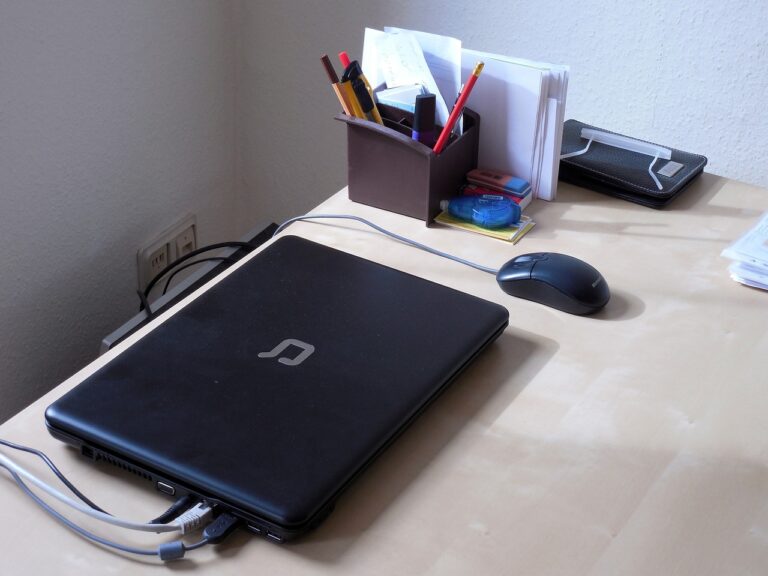The Rise of Remote Healthcare: Telemedicine and Virtual Consultations
Remote healthcare, also known as telemedicine, provides patients with convenient access to medical care without the need for in-person visits. This alternative form of healthcare delivery has become increasingly popular, allowing individuals to consult with healthcare providers from the comfort of their own homes. By removing the barriers of physical distance and transportation, remote healthcare enables patients to receive timely medical advice and treatment, ultimately improving health outcomes and overall patient satisfaction.
Moreover, remote healthcare offers a cost-effective solution for both patients and healthcare providers. With the rising healthcare costs and limited resources, telemedicine provides a more affordable option for medical consultations and follow-up care. Patients can avoid unnecessary expenses related to transportation, parking, and waiting room fees, making healthcare more accessible and efficient. Additionally, healthcare providers can also streamline their services and reach a broader patient population, contributing to improved healthcare access for all.
Accessibility of Telemedicine Services
Telemedicine services have revolutionized the way individuals access healthcare by providing convenient and efficient virtual consultations with healthcare professionals. Patients no longer have to endure long wait times or travel far distances to receive medical advice. The ease of scheduling online appointments and the flexibility of virtual consultations have made healthcare more accessible to a wider population, especially those in rural or remote areas.
Moreover, the availability of telemedicine services has bridged the gap for individuals with mobility issues or chronic illnesses that make it challenging for them to physically visit a healthcare facility. Telemedicine allows these individuals to connect with healthcare providers from the comfort of their homes, ensuring they receive timely medical attention without the added stress of commuting to a clinic. This convenience not only enhances the overall patient experience but also promotes greater adherence to treatment plans and follow-up care.
Virtual Consultations for Non-Emergency Medical Care
During virtual consultations for non-emergency medical care, patients can connect with healthcare providers remotely using video calls or messaging platforms. This innovative approach allows individuals to seek medical advice, discuss symptoms, and receive treatment recommendations without the need to physically visit a doctor’s office. In addition, virtual consultations offer a convenient way for patients to address minor health concerns promptly and efficiently, saving time and reducing unnecessary trips to healthcare facilities.
Furthermore, virtual consultations for non-emergency medical care can also improve overall healthcare accessibility and efficiency. By utilizing telemedicine services, patients residing in remote areas or those with limited mobility can easily consult with healthcare providers without the constraints of geographical distance. This convenient option not only enhances patient experience but also helps in managing healthcare resources effectively by reducing the burden on traditional healthcare facilities for minor health issues.
What are the benefits of remote healthcare?
Remote healthcare, also known as telemedicine, offers convenience, accessibility, and flexibility for patients. It allows patients to receive medical care from the comfort of their own homes, saving time and reducing the need for in-person visits to healthcare facilities.
How can I access telemedicine services for non-emergency medical care?
Many healthcare providers offer virtual consultations through video calls, phone calls, or secure messaging platforms. Patients can schedule appointments with their healthcare provider and receive the same level of care as they would during an in-person visit.
Are virtual consultations suitable for all types of medical issues?
Virtual consultations are best suited for non-emergency medical issues that do not require immediate in-person care. Conditions that can be diagnosed and treated remotely include cold and flu symptoms, rashes, minor injuries, medication management, and follow-up appointments.
How can I prepare for a virtual consultation with my healthcare provider?
Before your virtual appointment, make sure you have a reliable internet connection, a quiet and private space, and any relevant medical information or medications handy. Be prepared to discuss your symptoms and medical history with your healthcare provider during the consultation.







